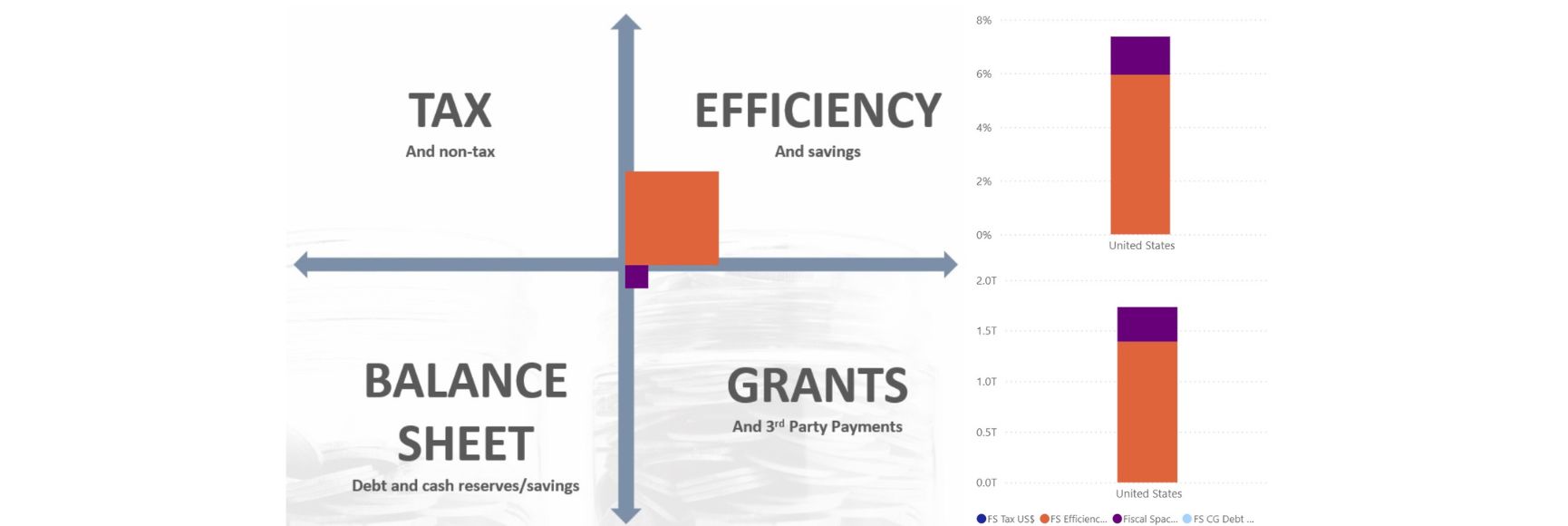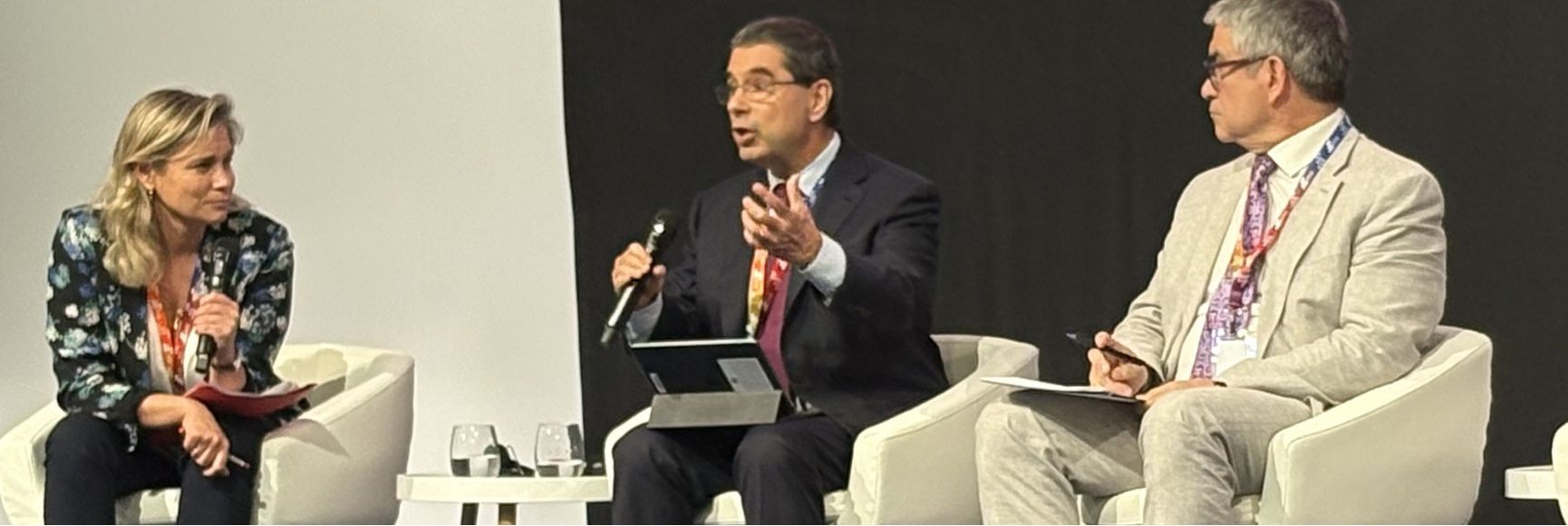Posted by Marie-Christine Uguen and Vieux Soulama Abdoul Rachid[1]
In 2017, the state budget of Burkina Faso was prepared, voted, and executed in program mode. The country thus became the first in the region to prepare a program budget in conformity with the 2009 West African Economic and Monetary Union (WAEMU) directives. This achievement is the result of sound preparation that began a few years ago, the strong commitment of the authorities, and sustained support from the IMF’s Fiscal Affairs Department and its Technical Assistance Center for West Africa (AFRITAC West 1).
To prepare the ground, the WAEMU directives were transposed into the national law of Burkina Faso in stages, starting with the law on transparency of public finance in 2013, the organic budget law in 2015, and subsequent regulations in 2016. A dedicated reform unit – absorbed into the General Directorate of Budget in 2016 - was established in the Ministry of Economy, Finance and Development (MINEFID) to implement the directives. The unit was responsible for putting in place an integrated action plan and a communications strategy, and supporting line ministries and institutions through the preparation of technical manuals and capacity building initiatives. For example, the unit has provided training on program budgeting, and supported the revision of the financial control framework.
Another important reform launched in 2011 was the devolution of financial controls to line ministries and institutions through the creation of Control Units (named UVs[2]). These units are responsible for three key stages of budget execution – the control of commitments, the preparation of payment orders, and payments – which have traditionally been carried out by the General Directorate of Budget and the General Payment Office of the Treasury. This important reform – common in advanced economies but much less so in developing countries – will allow line ministries to gradually take control of key budget execution processes related to their own operations.
This decentralization of budget execution is being implemented in stages. Since January 2017, line ministries have had the legal and operational authority to issue payment orders. Over the next two years, further changes to the internal organization of line ministries will be made, alongside actions to enhance their financial capabilities. In addition, work on a project to develop and adapt the financial management information system (FMIS) has begun.
FAD and AFRITAC West 1 have provided sustained technical assistance in recent years to help the authorities implement these reforms. Practical advice and seminars were delivered on how to: (i) create the single reform unit in the MEFD; (ii) adopt an integrated and gradual program of PFM reforms involving the MEFD, line ministries, and other government institutions; (iii) adapt the existing FMIS applications for program budgeting; and (iv) ensure a gradual devolution of responsibilities for budget execution to line ministries, by establishing the UVs and building their financial capabilities.
The experience of Burkina Faso offers six useful lessons for effective PFM reform in developing countries:
- The value of creating a dedicated central unit to plan and managing complex reforms, and coordinate with key stakeholders;
- Phasing of implementation, combined with experimentation on specific aspects of a reform (in Burkina’s case, the creation of UVs);
- Allowing flexibility in the design of a reform program to adjust for uncertainties and unexpected developments;
- Adapting the existing FMIS, rather than developing an entirely new system, and closely linking these changes in IT systems to the reforms in PFM functions and business processes;
- The need for sustained capacity building, and strong communications among all type of actors to help prepare the ground for reform and ensure its efficient and effective implementation;
- Using technical assistance as an effective tool to support the reforms.
Further steps will be required to complete the move to full program-based budgeting by 2019. Indeed, challenges remain for Burkina Faso such as nominating program managers, and training them on their new roles and responsibilities at central and local levels. In addition, it will be necessary to improve the design of the performance-management framework, and to streamline the design and selection of performance indicators.
Another challenge that lies ahead is to align the publication of annual financial statements with international accounting standards for enhanced fiscal reporting and transparency. This reform is also planned for 2019.
[1] Marie-Christine Uguen is Resident PFM Advisor in AFRITAC West ; Vieux Soulama Abdoul Rachid is General Director of the Budget in the MINEFID, Burkina Faso.
[2] In French. “Unité de verification”.
Note: The posts on the IMF PFM Blog should not be reported as representing the views of the IMF. The views expressed are those of the authors and do not necessarily represent those of the IMF or IMF policy.






